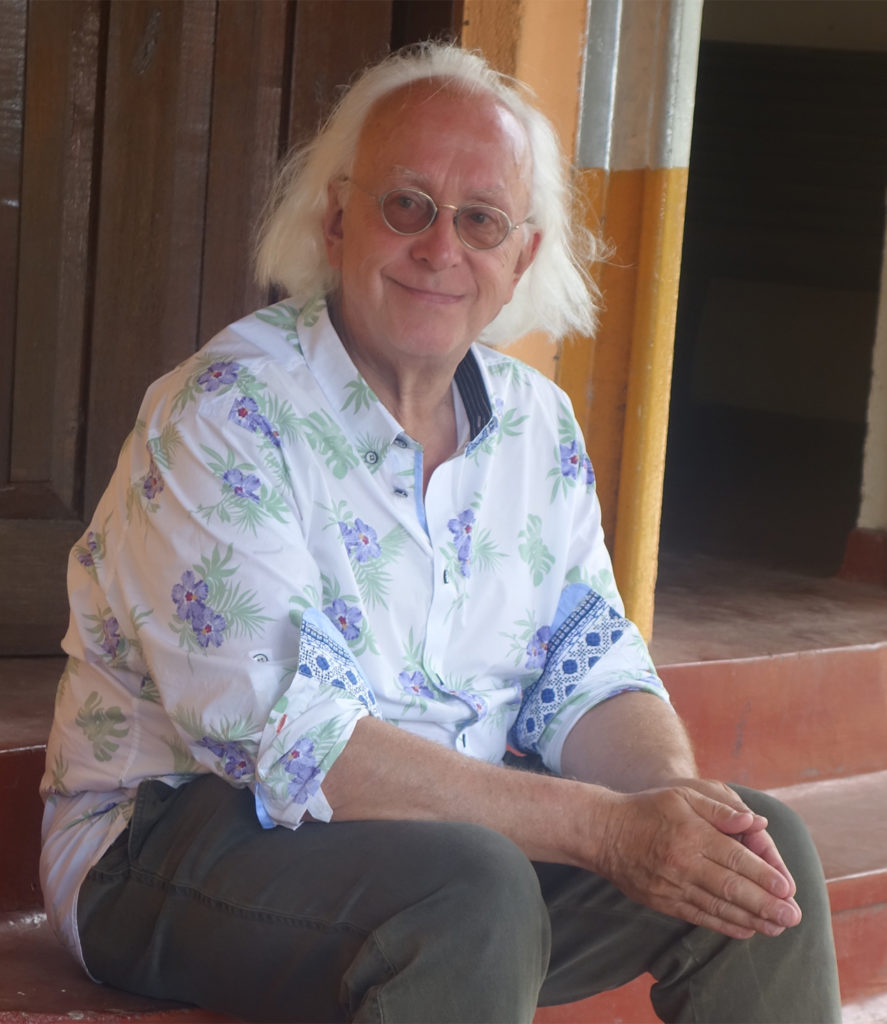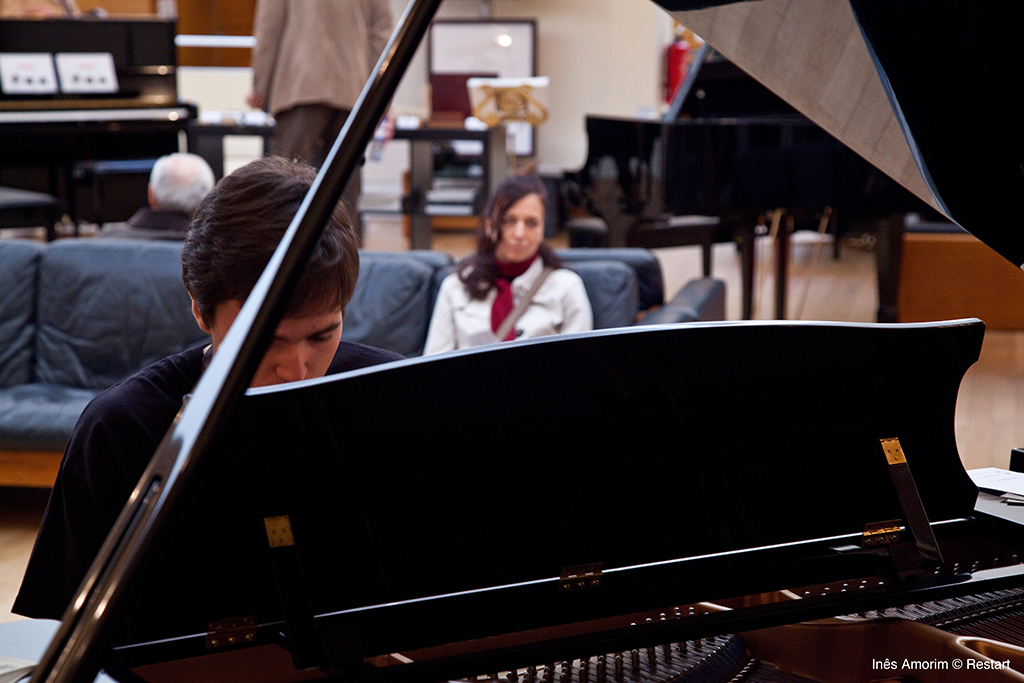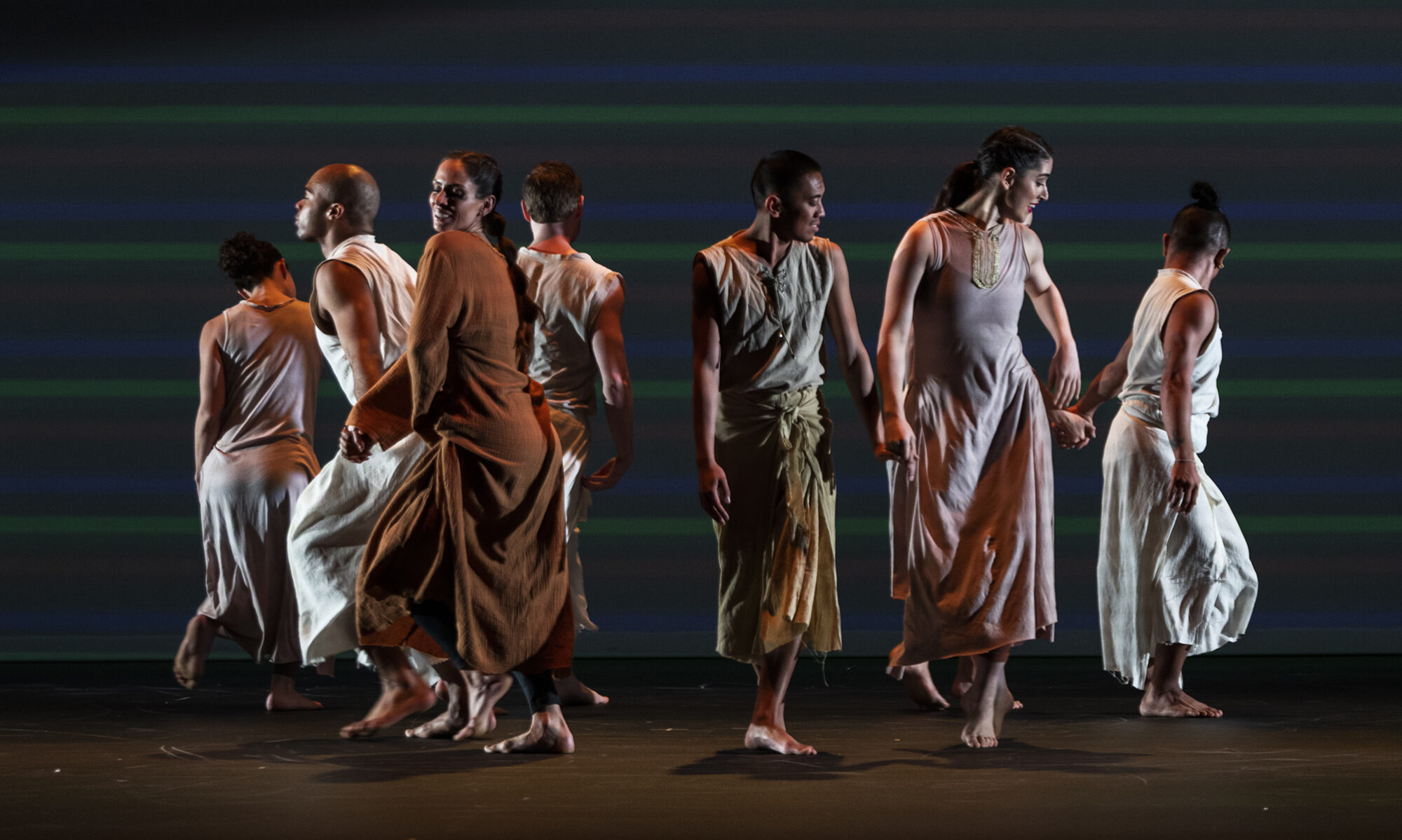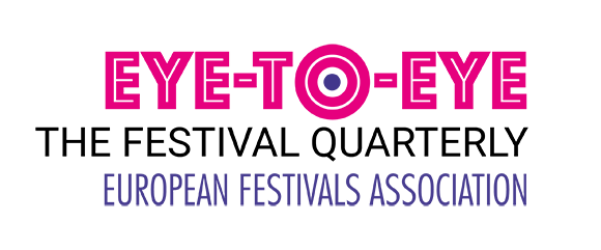My first day…

Frans de Ruiter (1946) is Emeritus Professor and former Director at the Academy of Creative and Performing Arts (ACPA), research institute within the Faculty of Humanities at Leiden University. He studied musicology at Utrecht University and harpsichord at the Conservatory of the Muzieklyceum Society, in Amsterdam. He became Director of the Holland Festival (1977-1985), the Royal Conservatoire at The Hague (1985-2006), as well as President of the Board of the University of the Arts The Hague (1990-2011) after the merger of the Royal Conservatoire and the Royal Academy of Art in 1990. He was also co-founder and Director (1982-1994) of the Utrecht Early Music Festival. Since co-operation between the University of the Arts and Leiden University started, he was professor and Dean of the Faculty of Creative and Performing Arts of Leiden University (2001-2008) and Director of the Leiden University Academy of Creative and Performing Arts (2008-2016). Frans de Ruiter has also been the President of the European Festivals Association (1989-2004) and was appointed Honorary Member of the Association in 2018. He has also served as President of the International Music Council, an NGO official partner of UNESCO (associate status) (1997-2001 and 2009-2013).
My initial contact with the leaders of the Holland Festival in the late sixties/early seventies was caused by my initiatives in the area of the historically informed performance practice, applied in the domain of early opera/musical theatre. As a student in musicology at Utrecht University, and harpsichord at the – what is now – the Conservatoire of Amsterdam I took part in the extremely intense and varied musical life among Utrecht’s students. There were five student choirs and three orchestras and they worked sometimes together in special projects and complements. The most famous among them was a scenic production in 1971 of the Rappresentatione di Anima e di Corpo, by Emilio de Cavaliere, a sacra rappresentatione from 1600, one could say the first opera even before Monteverdi’s Orfeo. It is a kind of Elckerlyck’, as yearly played in a theatre production in the Salzburger Festspiele.
It was performed in a number of churches in the Netherlands with an enormous public success. In the beginning of this early-music-movement, introduced by great names as Gustav Leonhardt, Frans Brüggen, Anner Bijlsma, the Kuijken brothers, Jordi Savall, Ton Koopman, Max van Egmond, René Jacobs, Pol Dombrecht, Marcel Ponseele, Jaap ter Linden, Ku Ebbinge and many followers, we saw in this student production a recorder consort, a vihuela, a viola da gamba, narrow-measured trombones, a cornetto, and of course a harpsichord and a baroque chamber-organ with regal.
Enjoying the huge response among musicians, press and audience, I was approached if not seduced, by the ensemble Syntagma Musicum, leader Kees Otten, to stage two medieval liturgical dramas, the Miracles of St. Nicholas (Filius Getronis, Iconia Sancti Nicolai). Again, huge impact. I did again everything in organising: selection of artistic leadership (stage-director, costume/set designer), schedules, fundraising, tour organisation, marketing, publicity, finances/bookkeeping and what not.
Later followed baroque operas Eumelio by Agazzari and Seelewig by Staden (another – in this case German – ‘Elckerlyck’).
The staff of the Holland Festival, quite aware of this development in Utrecht, asked me to come and speak about what I had achieved, which led to the invitation – in 1975 – to join the music department under the leadership of Jo Elsendoorn, who needed also some assistance due to his health situation. The directors at the time were general director Jaap den Daas and vice-director Hans de Witte. Both of them visited the General Assemblies of what is now EFA, the Association Européenne des Festivals de Musique.
I got an employment contract for 3 days a week and my first working day was foreseen for 4 January 1976. So, there I hopped in my Citroën 2 Chevaux from hometown Utrecht to the Holland Festival office in the Honthorststraat, second floor, more or less opposite the Rijksmuseum in Amsterdam.
I pushed the button ‘Holland Festival’ and said into the sound-system ‘My name is Frans de Ruiter and I believe that I start working here today.’ The door was opened and I was welcomed by head of office Annette Sint. I was offered a coffee, a desk, a working table and she started a conversation on ‘the situation’:
- My new boss, the head of music was ill, at home, and it was unknown whether this was for two or four weeks or longer, a kind of lung infection.
- The new director, Hans de Witte, who was appointed in summer 1974 as a successor to Mr. Den Daas had a burn out and did not appear in the office since November. It was totally unclear when he would return, also due to the fact that he got a diagnosis for bipolar disturbances.
- The board had decided to ask Mr. Den Daas, the former director, to return as an interim-director for the time being, and of course he proved to be willing to do so; unfortunately, he was ill at the moment, a kind of flu, so he would only come back in a week or so.
There I was, alone in the office, with the head of office and no staff. She said that she had opened the mail from around Christmas till this morning and suggested that I would do best to read it, two portfolios of 15 cm high. Just for information: this was the time with no email and even no fax. Everything went by surface mail (and telephone) and in the worst case there was a telex in a near post office. I read everything and made notes. Just imagine: January, festival in June (theme: Bicentennial USA: ‘400 years of relations between the US and The Netherlands’, quite a thing!), ticket sales starting in April, brochure to the printer in March, and… 9 weeks to go! Surrealistic.
From the second day phone calls were coming in, artists asking what the position of their project proposals was, especially the usual subjects, such as composers like Louis Andriessen and Peter Schat, Willem Breuker and his ‘Kollektief’; dance companies, musical theatre ensembles and e.g. Morton Feldman in the corridor, waiting to discuss the final details of the Holland Festival commission to him for a ‘Concerto for oboe and orchestra’. And many other surprises, there are if one wishes, hundreds of anecdotes to list.
A shortcut of what followed
- After a while the interim-director and my boss returned.
- About 50% of the programme was set before Christmas, but nevertheless…
- The director reappeared, but caused a lot of unrest due to his instability.
- I was sent outside, abroad, worldwide for orientation, especially in the area of contemporary creation.
- The Holland Festival 1976 took place, was ‘all right’, and my boss and I shared all responsibilities (production, reception, welcome, assistance, presence, after concert dining etc.); four hours sleep was the rule.
- The preparation for the Holland Festival 1977 (theme: the human voice) started in September.
- No change in the situation with the director; during the 1977 festival he was in the arms of the president of the supervisory board (a prestigious banker) to avoid artistic, managerial and inter-human incidents; he resigned in the autumn of 1977.
- Also, the head of music, my boss, saw his 1977-festival as the last one, due to his health situation and helped by the fact that I was hired in 1975 to succeed him, if one way or another successful.
- The programming of the 1978-festival (theme: folk art and the relations with classical art) was in my hands, only! Late autumn 1977 I was appointed ‘Director of the Holland Festival’, for the 1978-edition with the support of two very experienced directors of the De Doelen and the Schouwburg in Rotterdam.
- What I did was talking, talking, traveling, looking, listening with every ‘informant’ possible: artists from all fields, journalists, colleagues near and far away, especially also from within ‘EFA’; and involving two ad hoc specialists in the disciplines of theatre and dance.
- And then combine, stick together, reject, compose as if in a garden of pure delight.
There is an expression saying that sometimes one has to be at the right place at the right time. Here is a kind of perfect example. And: I never took a management course. These first years formed my management skills. But above all I wanted to be the creative director. It is up to next generations if this was one way or another successful.
And: I was able to visit the General Assemblies of the AEFM, the first one in Bruges, Belgium. A few years later I was in the Executive Committee under the presidency of Denis de Rougemont.
Document written in 2019.
Frans de Ruiter is working on a book about his experience of 55 years in the cultural sector. The book should be published in 2 years but Eye-to-Eye will exclusively publish short chapters of general interest from time to time.
Festival Life creates shared moments of audiences and artists, eye-to-eye


